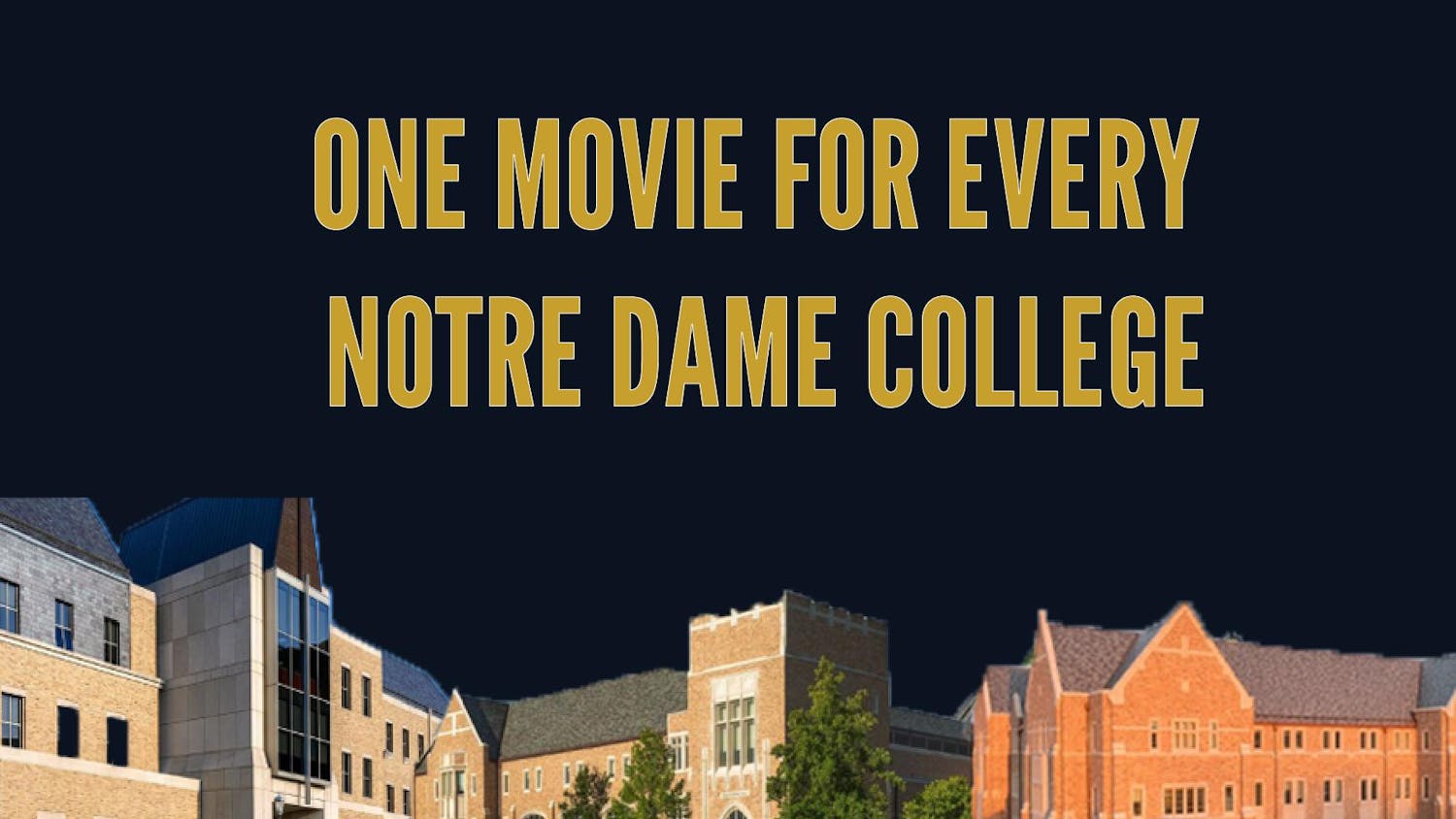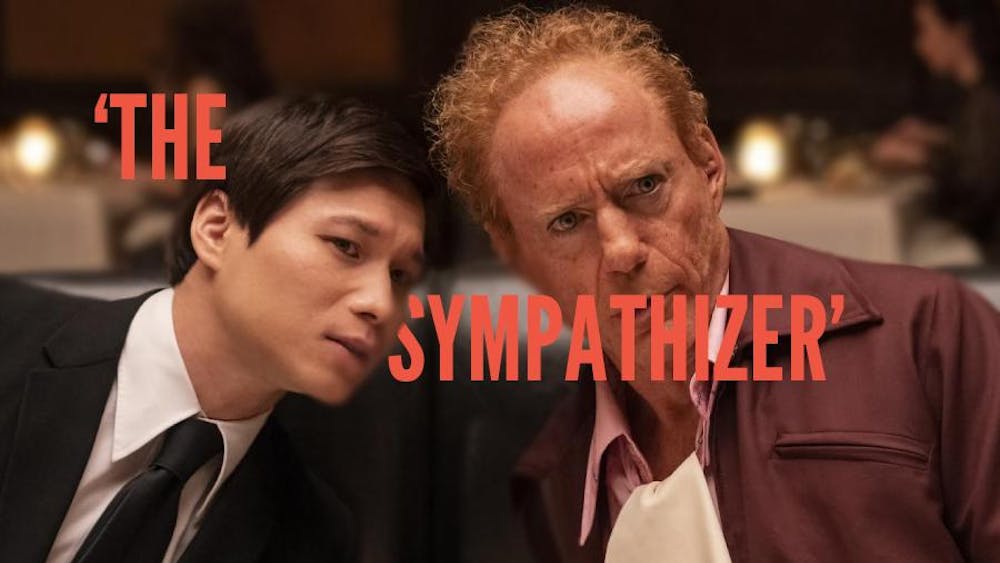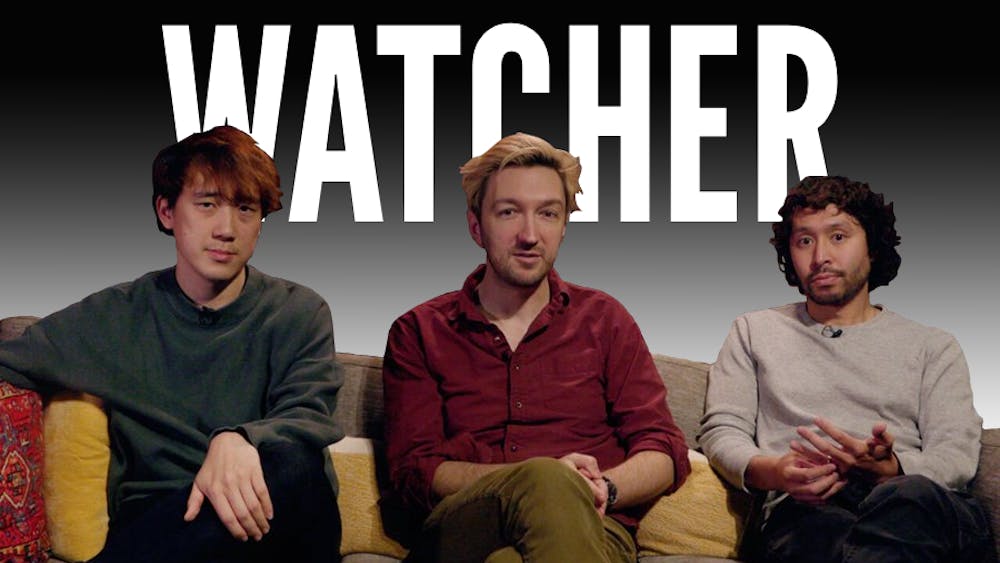Notre Dame announces its commencement speaker at no specific time. But since the University typically makes the announcement a few months before the ceremony, we shouldn't have to wait much longer to hear who will send off the class of 2012. Though I don't know who will show up in May, based on history, I can speculate who won't be giving a speech.
We will not be hosting the Will Ferrell-Amy Poehler-Adam Sandler genre of comedic speakers who have graced the ceremonies of numerous Ivy League institutions. Nor will we welcome a contemporary novelist to deliver an address that reads like a story, the likes of David Foster Wallace's brilliant speech at Kenyon College or J.K. Rowling's at Harvard. A famed college dropout like Steve Jobs won't be urging graduates to "stay hungry, stay foolish" as they embark on their post-grad plans.

Though students may wish Notre Dame would throw a curveball and invite an outrageous comedian or tortured author to pass along advice, history proves that the University has a "type." Since the foundation of Notre Dame, almost every commencement speaker falls into one of these categories: politician or government affiliate, one ordained in the Catholic Church or employee of NBC. It may seem restrictive, but these categories have still brought riveting, controversial characters to the Notre Dame commencement ceremony. And as with any rule or standard, there have been exceptions.
In 1942, J. Edgar Hoover, the first director of the Federal Bureau of Investigation, delivered the commencement speech. Almost 70 years later, Leonardo DiCaprio played him in a film that reawakens Hoover's private struggle with his sexuality, a secret that would have made him a divisive speaker on campus today.
Earl Warren, the 14th chief justice of the United States, spoke in 1957, only three years after his court ruled to begin desegregation in the Brown v. Board of Education case. Lady Jackson, a British economist and writer interested in sustainability and development in poor countries, spoke in 1966 before women could even attend the University.
Presidents galore have offered their words of wisdom to the student body at commencement. Eisenhower (1960), Carter (1977), Reagan (1981), George H.W. Bush (1992), George W. Bush (2001) and Obama (2009) all addressed Notre Dame seniors, to the praise or dismay of alumni benefactors.
And in recent years, three NBC news personalities have taken the podium at graduation: Tom Brokaw (1993), Tim Russert (2002) and Brian Williams (2010). It's no coincidence that Notre Dame sustains a strong relationship with NBC television.
Entertainer Bill Cosby surprisingly came to ND in 1990, and in a pre-ceremony speech to a smaller crowd, singled out a football player and criticized his low G.P.A. Even though that does not set a precedent for other entertainers who are possible speakers, it may have been enough to prevent the institution from courting comedians, actors, etc.

Notre Dame sticks to what they know in this arena for a reason. Everyone acknowledges a "strong alumni network" as one of Notre Dame's trademarks, and unfortunately, that is compromised when a controversial figure is welcomed on campus.
Every 20-something wants to hear from their favorite actor, musician or author, but looking at Notre Dame's track record in respectful retrospection makes me think graduates of any class will do the same of their particular speaker. For one reason or another, political or personal, one should be able to explain how their commencement speaker was relevant to their graduation moment.
Contact Marissa Frobes at mfrobes@nd.edu
The views expressed in this column are those of the author and not necessarily those of The Observer.












